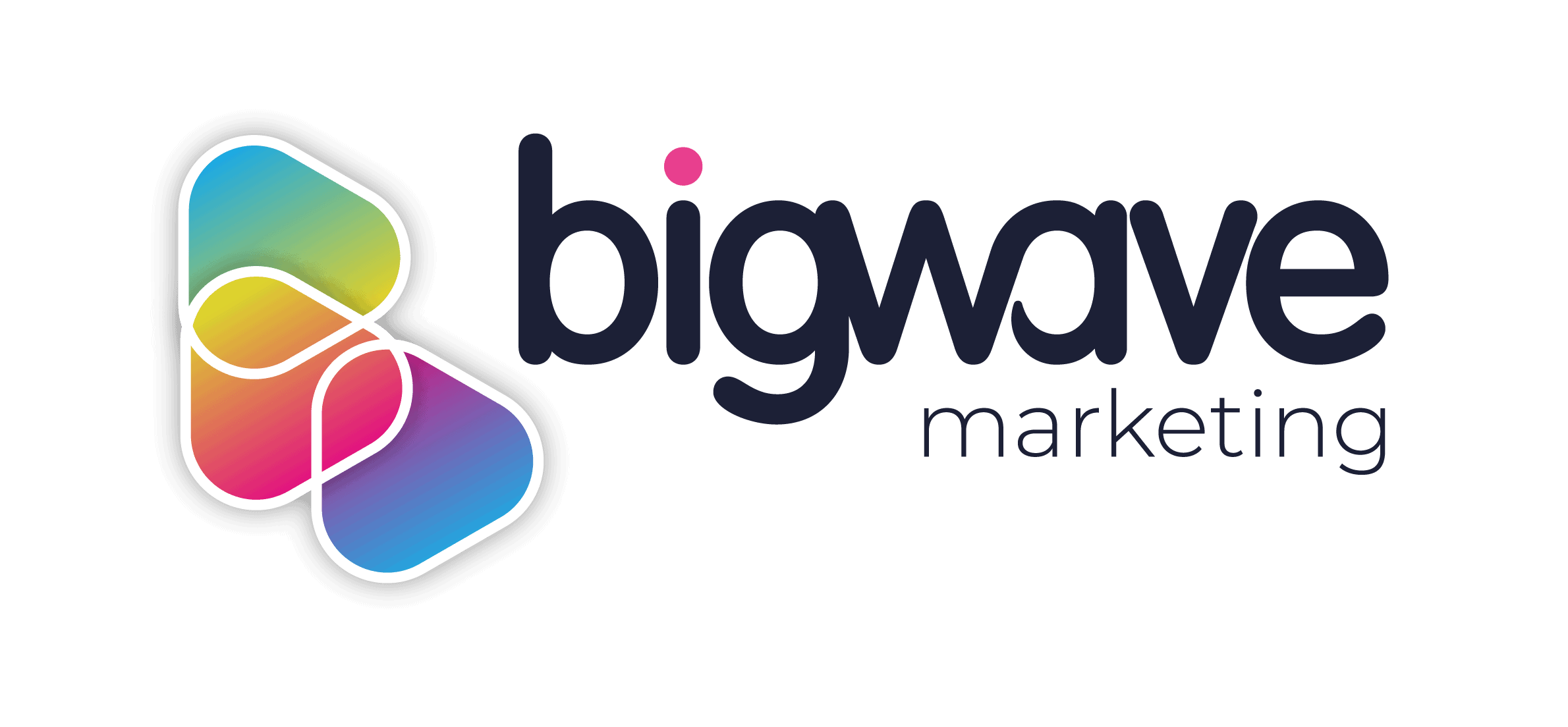The video-game industry is expansive. A litany of genre types and artistic choices define what truly is an interactive and ever-evolving, creative medium. Similarly, the form in which video-game advertisements and marketing campaigns have taken shape has often been comparatively inventive.
In an analogous sense, therefore, the advertisement of video-games is not only as dynamic as the industry that underpins it but can also be viewed as something not too dissimilar to other forms of advertising. What sets it apart, however, is the unique product that the advertisement is trying to sell. This article highlights the variety of methods used within video-game marketing campaigns as well as some of the most humorous, absurd and effective examples that resonated with me the most.
It Only Does Everything’ – The Rise of Kevin Butler
Humour can be as understated as it is subjective. What may be funny to one individual may be gratingly annoying or outright offensive to another (apologies in advance for my terrible video-game related humour). Consequently, gambling your whole campaign (and blog post) around both a comedic personality and the delivery of their humour is riskier than quitting without saving your game. Simply put, you don’t know what’s going to be left of what you had once the dust settles.
Therefore, when Sony launched their ‘It Only Does Everything’ campaign for the PlayStation 3 in 2009, centring on the comedic persona of fictional Sony higher-up Kevin Butler, you’d be forgiven for thinking that the tech giants had made a severe marketing faux pas.
Defying the odds in a similar vein to that of flagship protagonist Nathan Drake, however, Sony’s campaign and Butler in particular, proved overwhelmingly popular with audiences in the U.S. So much so in fact, that Butler, in turn, made appearances at Sony’s Electronic Entertainment Expo (E3) conference in the summer of 2010… Who woulda thunk?
If you want to check out any of Kevin’s comedic chops, you can find a compilation of the ads below:
‘The Million Dollar Pack’ – You’d Better Start Saving
Limited and special editions of games are a dime a dozen in today’s hyper-commercialised sphere of publishers seeking to exact as much money from your bank account as physically possible.
However, it’s probably safe to assume that nothing will ever compare, at least in terms of expenditure, to (bear with me on this one, it’s a mouthful), Saints Row 4’s ‘Super Dangerous Wad Wad Edition’ (if someone wants to translate that for me, please feel free to do so), of which there was only ever one produced.
Why? You may ask… because it cost $1,000,000 to purchase and came bundled with everything from plastic surgery to a Virgin Galactic space flight. Again, you may be asking… why? To which I respond, ‘why not?’. Learn about all of the other crazy stuff included with the game here
It truly is the epitome of absurdity and I kind of love it for that.
#4ThePlayers’ – The Launch of The PlayStation 4
The introduction of new hardware is an anxious period for any company seeking to attain its piece of the pie that is market-share. Nowhere is this more apparent than during the launch of next-generation hardware and this was noticeably apparent during the fall of 2013 which saw both Sony and Microsoft release their PlayStation 4 and Xbox One systems respectively. To gamers, there could only be one winner and five years down the road, it’s quite evident that Sony has been the victor. With over 91 million units sold as of January this year, PlayStation has stampeded the opposition and has sped past its primary rival faster than even Sonic could imagine doing so.
While the demise of Microsoft’s Xbox is multi-faceted and this article is not the forum to discuss the complex nature of its downfall, what needs to be highlighted is Sony’s marketing campaign preceding the launch of its next-generation hardware. The company’s ‘#4ThePlayers’ campaign focussed on what its audience wanted: games, games, and more games. While Microsoft and its new Xbox One were frequently maligned for its lack of focus, the PlayStation 4 and Sony’s marketing push delivered exactly what a new video-game machine needs in order to succeed and that’s new titles as well as audience hype and excitement. Check it out:
‘It’s-a me, Mercedes!’
Hold on! You’re telling me I get to write about Mario Kart at work? I must be dreaming…
In reality, I have Mercedes-Benz to thank for this smaller entry. I’ve been playing Mario Kart for more hours than I care to admit and thanks to the German automobile manufacturer I can now do so in style.
… As if I wasn’t doing so already.
‘Long Live Play’ – The Power of Nostalgia
Don Draper of Mad Men fame has several monologues throughout the series, however, none may be as memorable and as efficacious as the one found in the first season episode ‘The Wheel’. “Nostalgia – its delicate, but potent… In Greek, nostalgia literally means ‘the pain from an old wound.’ It’s a twinge in your heart far more powerful than memory alone…It goes backwards, and forwards… it takes us to a place where we ache to go again”.
Nostalgia is powerful and infectious, often overwhelmingly so and another Sony PlayStation advertisement perfectly encapsulates this sentiment. The ‘Long Live Play’ marketing campaign drew on its fanbase’s nostalgia for its mascot characters and flagship franchises, to rekindle a spark that may have faded. Our aching desire to reminisce, re-experience or relive the past is an emotive concept. It’s bittersweet and tender, something you long to know once more, yet dare tarnish for fear of staining what once was, at least in your own mind, perfect. The video-game marketing campaign drew on this sentimentality wholeheartedly and is an effective example of advertisement within the industry as a result.
State of Play
I’m not brave enough an individual to predict exactly where the future of the video-game industry is heading and in turn, what precisely the industry’s marketing machine will inevitably churn out. Perhaps a Netflix-style streaming service where games both old and new are available to stream for a set monthly fee. Maybe that’s too farfetched a notion, a pipeline dream. However, if playing video-games is made easier and Google succeeds in its goal of making video-games more accessible, streamlined and more widespread with the forthcoming release of its Stadia platform, who’s to know what is to come? Just as Google seeks to change the game, so too may we be on the precipice of a new way to advertise these products, one perhaps better suited to the streaming-based infrastructure that’s being firmly laid as an early foundation for what may truly be the future of playing video-games and the future of the industry as a whole.

